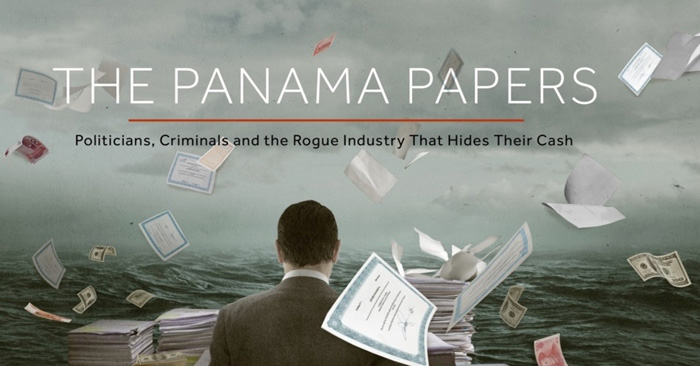By Leonard Seabrooke and Duncan Wigan
The Panama Papers reveal how members of the global elite have exploited legal loopholes to hide their wealth overseas—a significant disclosure, but one that mainly concerns individuals rather than corporations. Still, public outcry after the leak has offered international authorities an opportunity to push for corporate tax reform.
The Panama leak has accelerated the global tax reform agenda introduced at the G-8 meeting at Lough Erne in 2013, where leaders agreed to work toward a “common template for multinationals to report to tax authorities where they make their profits and pay their taxes across the world.” This became known as country-by-country reporting, a system in which transnational corporations would break down their financial information—profits, revenues, taxes, and so on—by country rather than simply reporting a global or regional figure.
The British accountant Richard Murphy first articulated the idea of country-by-country reporting in 2003. Murphy is associated with Tax Justice Network, a coalition of researchers and activists. The group relies on assistance from charitable foundations and has an operating budget of less than $1 million. Yet it has played an outsized role in promoting tax reform, advocating Murphy’s approach in the United Kingdom, the European Commission, the European Parliament, and the Organization for Economic Cooperation and Development (OECD).
EU and OECD member states are divided over their support for the measure. Countries known for their tax efficiency, such as Ireland and the Netherlands, have voiced their opposition. European firms have also argued that disclosing information under country-by-country reporting puts them at a competitive disadvantage.
Outside of Europe, there has been more progress. India has embraced country-by-country reporting, as have Japan and Russia. In late April, Bermuda became the 33rd signatory to the OECD’s Multilateral Competent Authority Agreement, under which countries agree to share tax information. In the United States, the Internal Revenue Service and the U.S. Treasury have both advocated country-by-country reporting.
Thanks to the Panama Papers, governments around the world have faced increasing pressure to push for tax transparency. In the United Kingdom, for example, Prime Minister David Cameron has released his tax records after revelations that his father had kept money in an offshore account, setting a precedent that other politicians may feel obliged to follow. Following the scandal, Cameron has rushed to support proposed reforms to make aiding corporate tax evasion a punishable offense.
The Panama leaks have been a boon for country-by-country reporting, especially in Europe. Last month the European Commission asked an estimated 6,500 firms across Europe—including U.S. firms with significant European operations—to disclose their tax information. Typically, policy initiatives of this sort require unanimous support from member states. But the European Commission introduced the tax requirement as an “accounting directive,” which requires the support of only a majority. This was a smart move, as it prevented Belgium, Ireland, Luxembourg, and the Netherlands from blocking the measure. These countries stand to lose face from investigations into where firms pay taxes, as they profit from tailored tax rules.
The momentum spurred on by the Panama leaks has also increased support for the OECD’s initiatives to combat tax avoidance and evasion. In 2004, the group created the Joint International Tax Shelter Information and Collaboration network (JITSIC), which brings together 36 national tax administrations “that have committed to more effective and efficient ways to deal with tax avoidance.” As the OECD’s tax accountability efforts expand, its member states will face greater pressure to adopt country-by-country reporting standards.
In the end, the idea behind corporate tax reform is simple: just as individuals should pay their fair share of taxes, so, too, should corporations. Given the current political will, this idea has taken hold and will likely transform the global tax regime in the process.







Comments